Take-up rates of Scottish Benefits: November 2024 - easy read
This easy read publication contains our latest estimates of take-up for Scottish benefits delivered by Social Security Scotland.
Take-Up of Scottish Benefits – 2024: Easy Read
Benefits in Scotland
Benefits are paid to people who need more money. The Scottish Government has set up a new benefits system for people in Scotland run by Social Security Scotland.
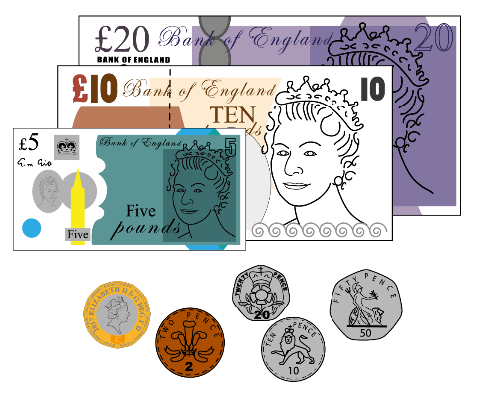
These benefits are for people:
- Who are disabled
- Who care for others
- With not much money
- With not much money and who have children
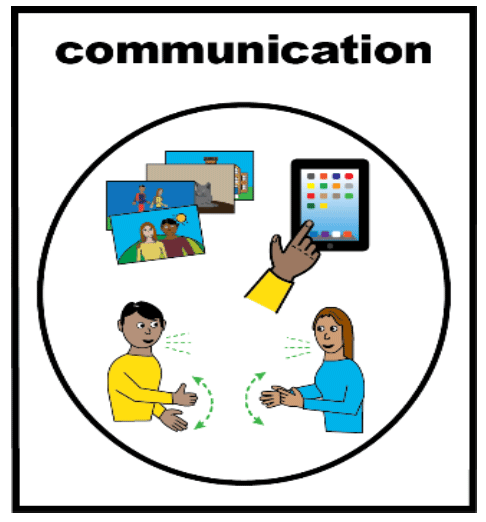
The Scottish Government wants to make sure people have a good experience using the benefits system.
What is take-up?
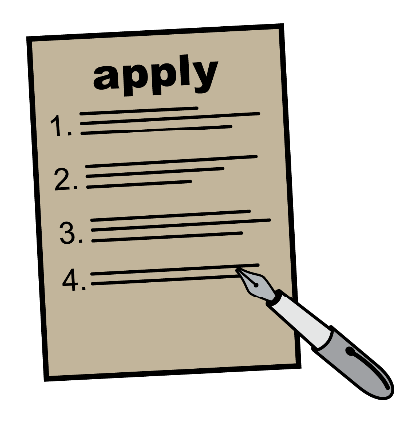
You must apply for a benefit to get it.
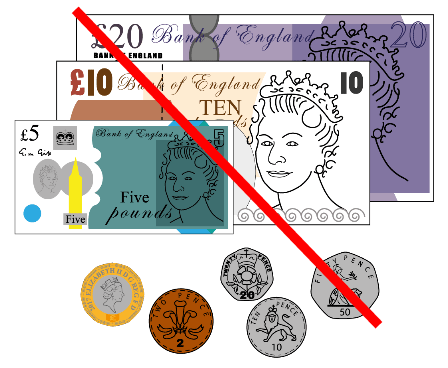
Some people do not apply for the benefits they could get. This could be because:
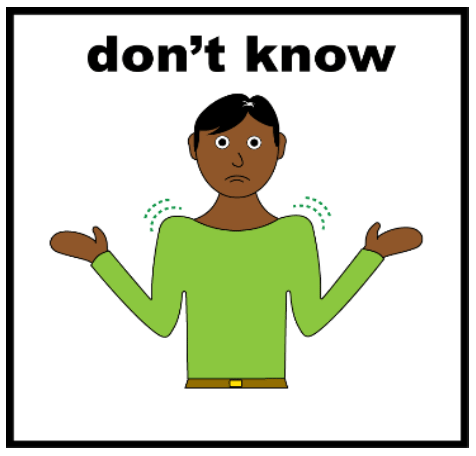
- They do not know about the benefit
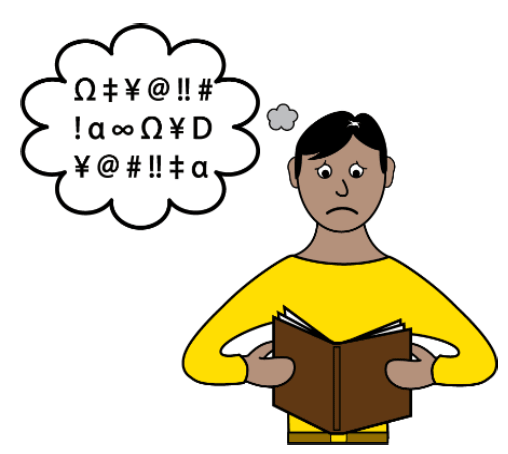
- They find applying for the benefit too difficult or stressful
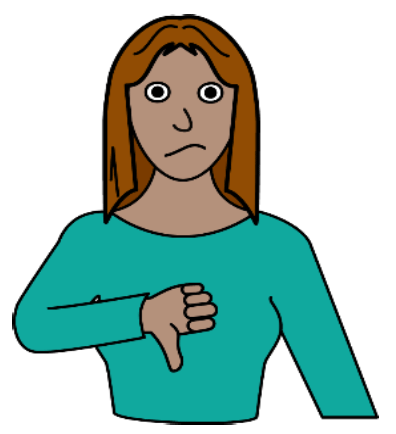
- They feel bad about receiving benefits
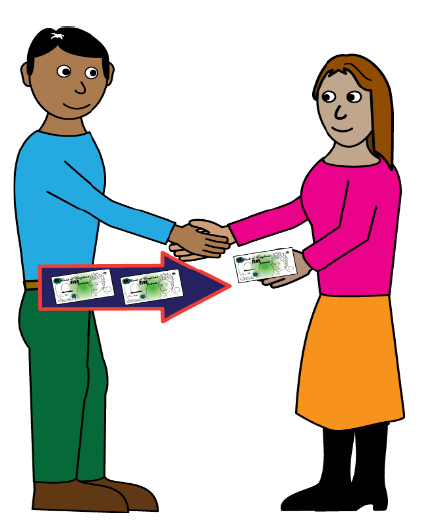
The Scottish Government wants everyone to get the benefits they can.
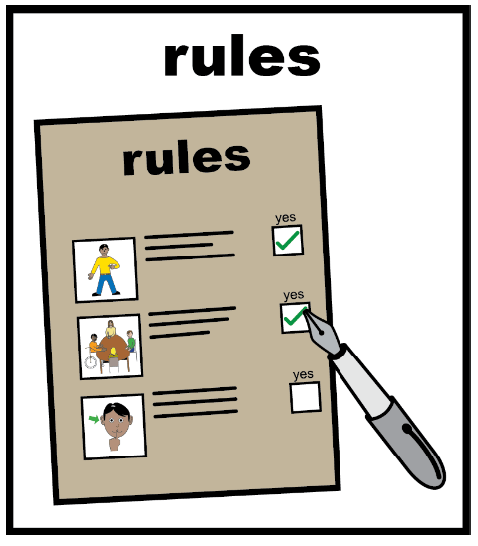
You are eligible for a benefit if you meet certain rules. These rules describe who should get the benefit. For example, a rule could be that you must care for someone.
By law, the Scottish Government must work hard to make sure everyone gets the benefits they are eligible for.
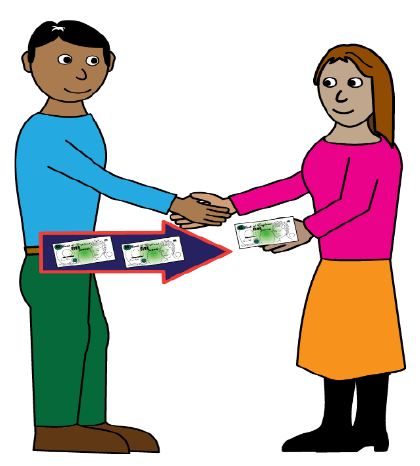
A take-up rate shows if people are receiving the benefits they are eligible for. A take-up rate compares:
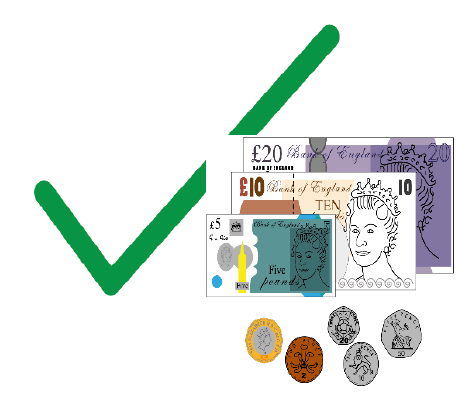
- How many people get the benefits they are eligible for
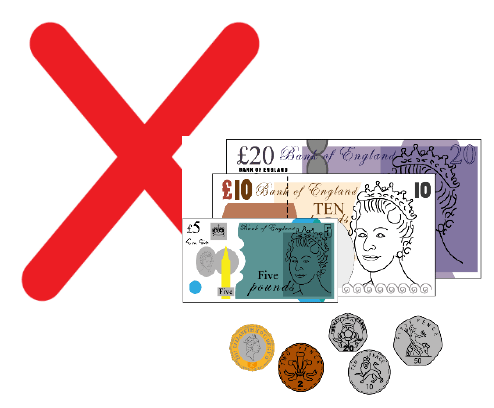
- How many people do not get the benefits they are eligible for
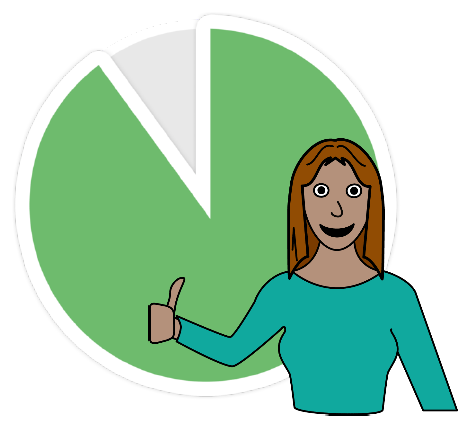
A high take-up rate means lots of people get the benefits they are eligible for.
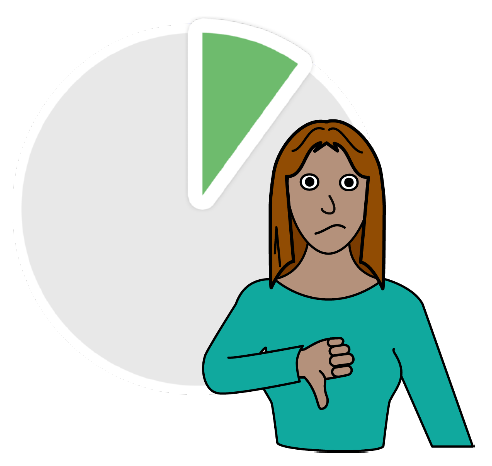
A low take-up rate means not many people get the benefits they are eligible for.
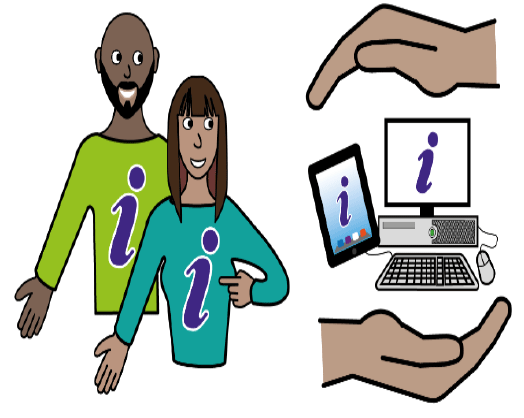
The Scottish Government has worked out the take-up rate for eight benefits.
Scottish Child Payment
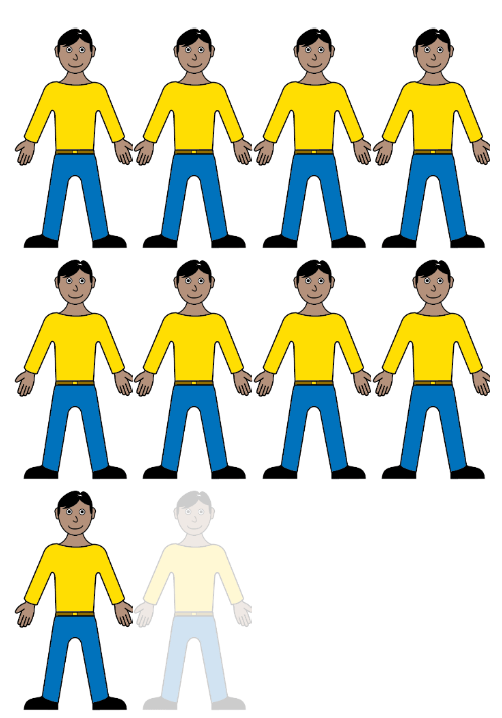
- A regular payment for families who don’t have much money but have children.
- In 2024, around 9 in 10 people eligible for the benefit got it.
Pregnancy and Baby Payment
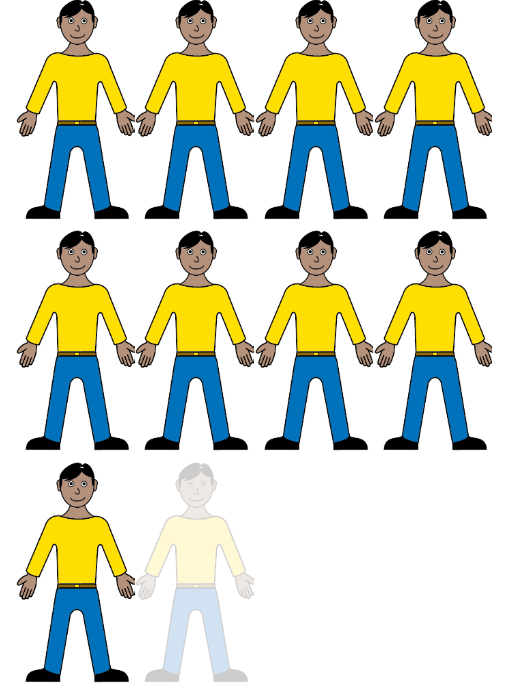
- A one-off payment for families who don’t have much money but have a baby.
- In 2023, around 9 in 10 people eligible for the benefit got it.
Early Learning Payment
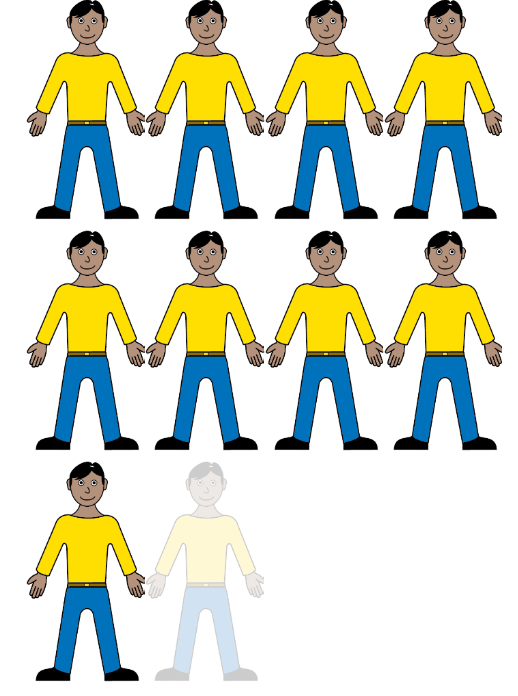
- A one-off payment for families who don’t have much money but have a child around nursery age.
- In 2022, around 9 in 10 people eligible for the benefit got it.
School Age Payment
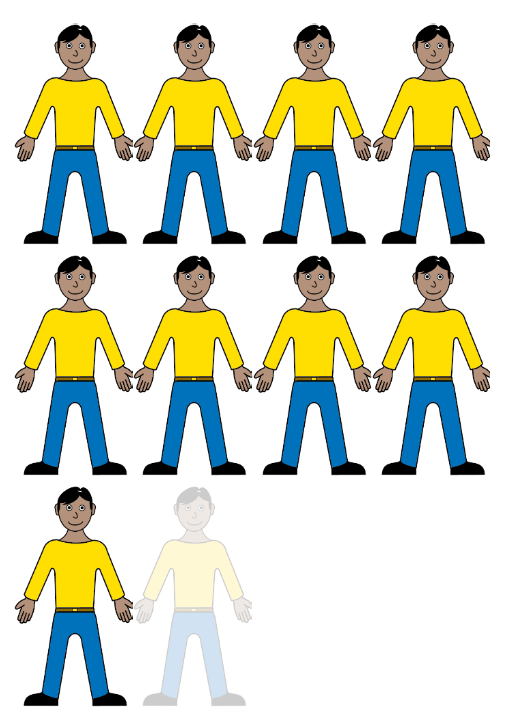
- A one-off payment for families who don’t have much money but have a child around five years old.
- In 2024, around 9 in 10 people eligible for the benefit got it.
Best Start Foods
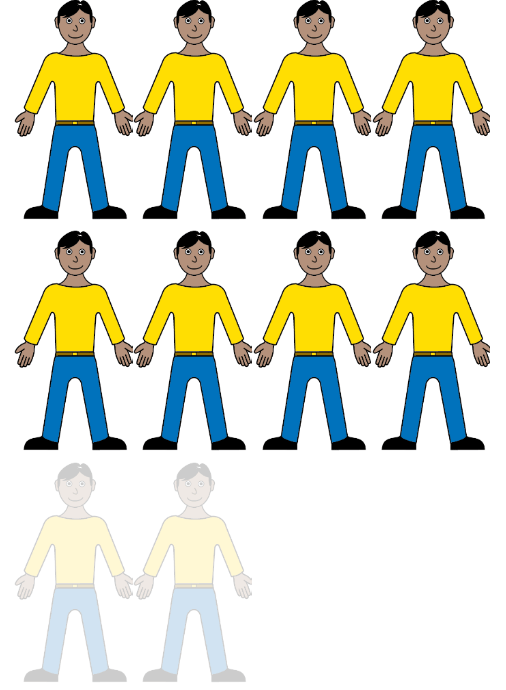
- A regular payment for families who don’t have much money but have young children. Helps with food costs.
- In 2024, around 8 in 10 people eligible for the benefit got it.
Funeral Support Payment
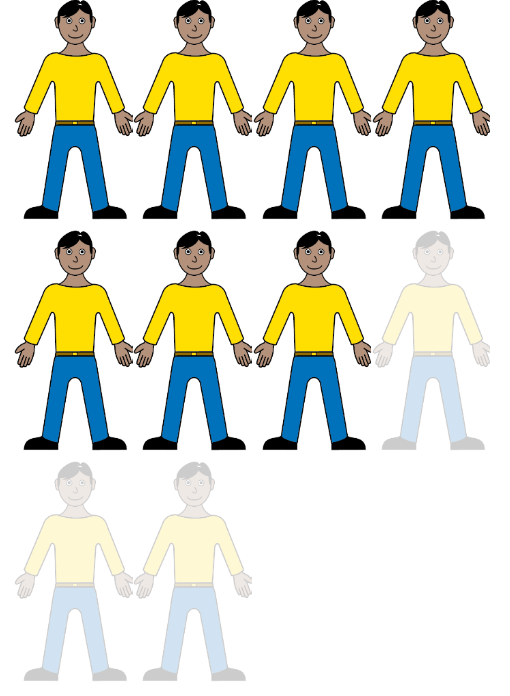
- A one-off payment to help people who don’t have much money pay for a funeral.
- In 2024, around 7 in 10 people eligible for the benefit got it.
Young Carer Grant
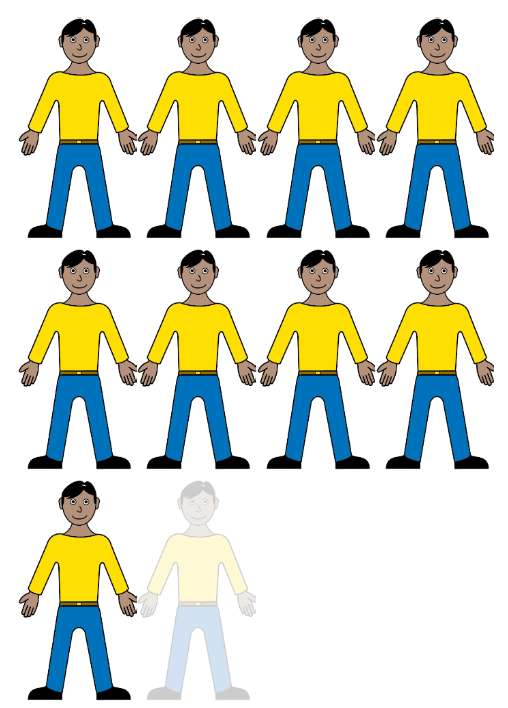
- A one-off payment for young adults who care for someone.
- In 2024, around 9 in 10 people eligible for the benefit got it.
Job Start Payment
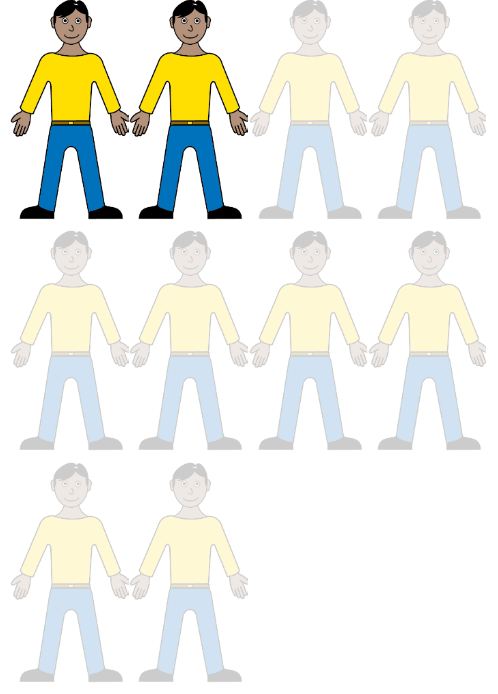
- A one-off payment for young adults starting a new job.
- In 2024, around 2 in 10 people eligible for the benefit got it.
Example: Funeral Support Payment
- In 2024, around 7 in 10 people eligible for Funeral Support Payment got it. This means that:
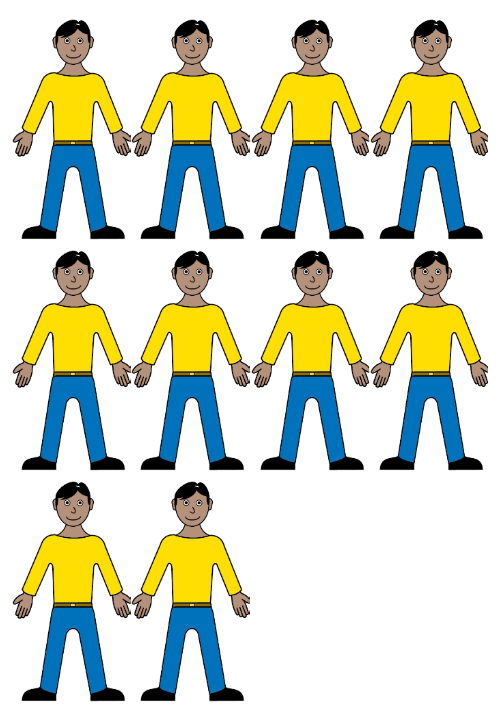
- For these 10 people eligible for Funeral Support Payment
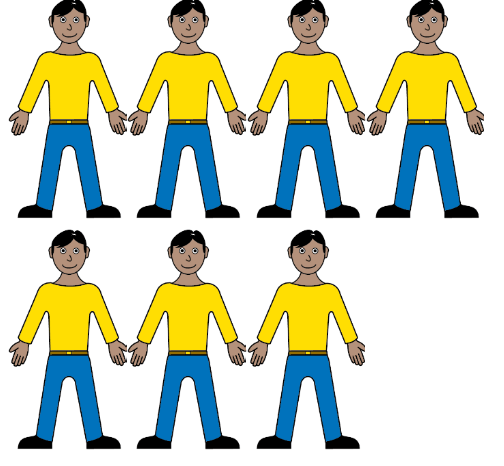
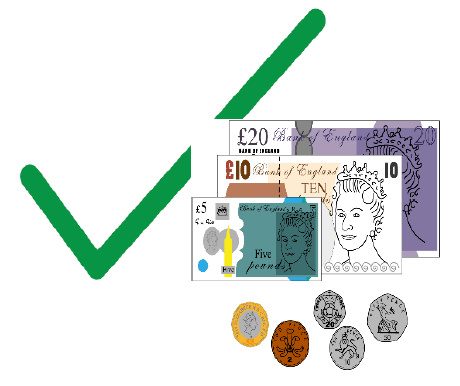
- 7 people received the benefit
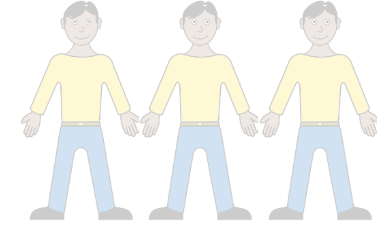
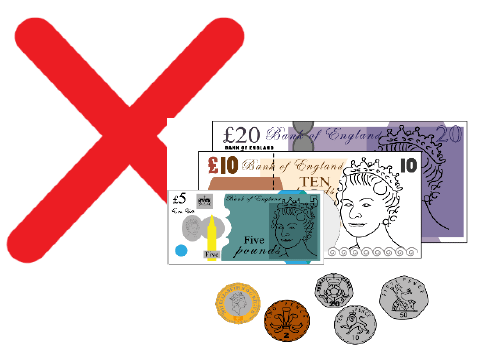
- 3 people did not receive the benefit
What is the Scottish Government doing to improve take-up?
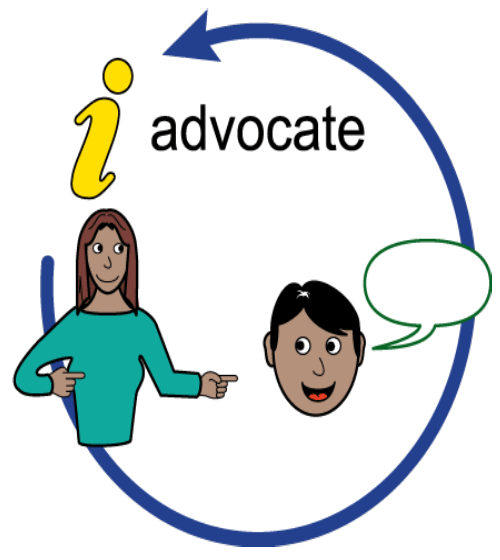
The Scottish Government has set up the Social Security Independent Advocacy Service for disabled people. This is free to use.
An advocate is a person who helps you apply for a benefit and makes sure your voice is heard.
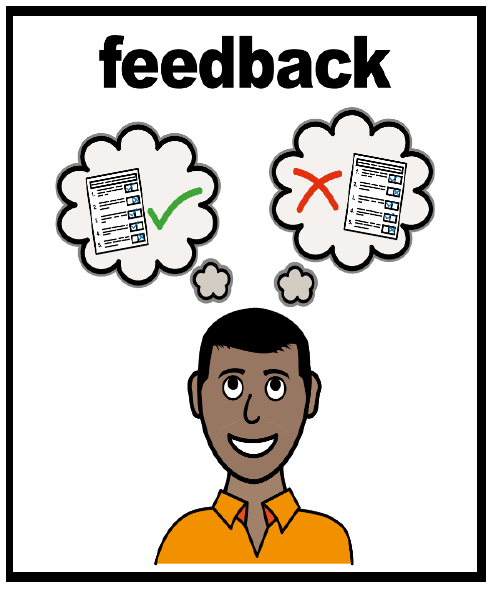
Staff ask everyone who gets benefits about their experience of Social Security Scotland. This helps the Scottish Government improve the benefits system.
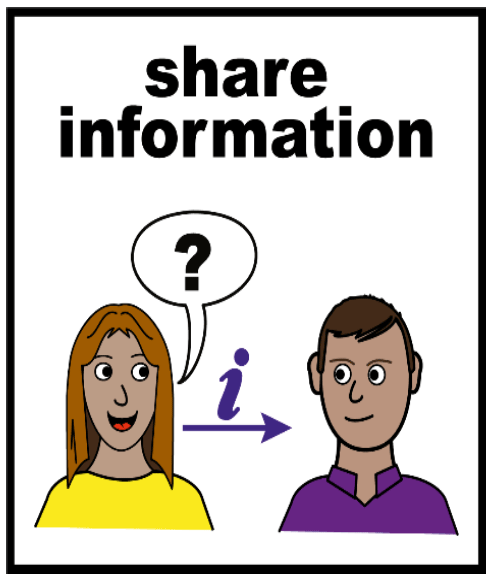
Scottish benefits are being advertised in different ways, including:
- television
- radio
- newspapers
- social media
- posters
- special events
- in supermarkets
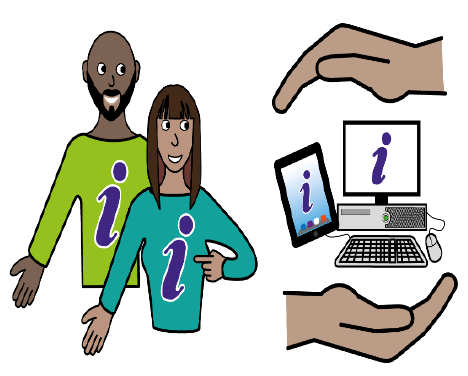
Social Security Scotland has staff across Scotland. They can help you understand what benefits you may be eligible for.
They can also help you apply for benefits. They can help by phone or in person in your local area.
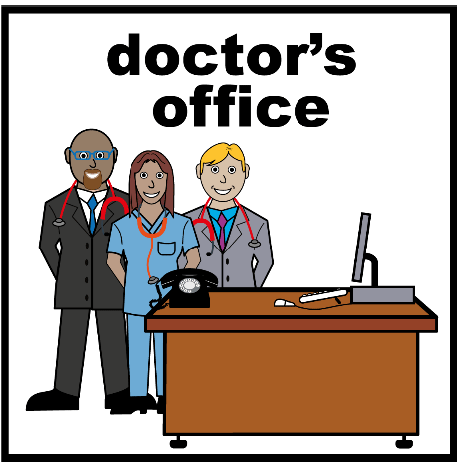
The Scottish Government is providing advice about benefits in different places. This includes some services in communities, charities and GP surgeries.
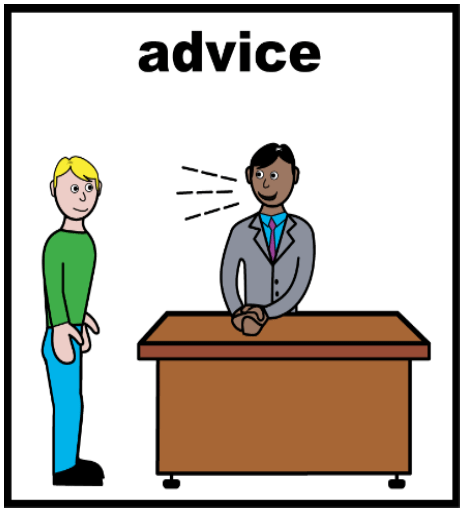
A welfare rights advisor is a member of staff who can give you advice about money, debt and housing.

The Scottish Government has helped place welfare rights advisors in some GP surgeries.
The Scottish Government is making it as simple and easy as possible to apply for benefits.
Further information
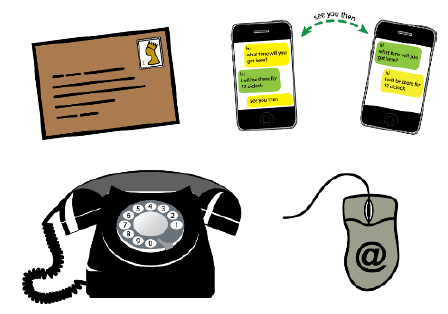
There are lots of ways to learn more about the benefits system in Scotland. You can:

- Use the Scottish Government’s website:
https://www.mygov.scot/browse/benefits
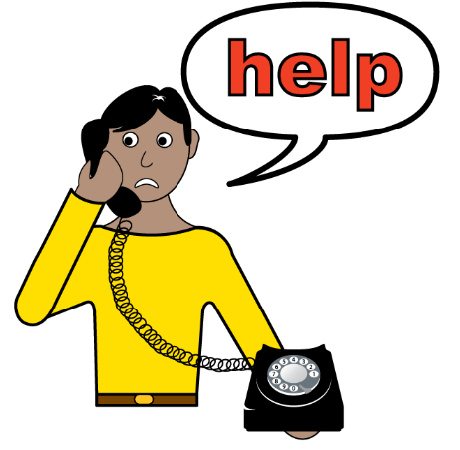
- Phone Social Security Scotland and speak to a member of staff.
- The phone number is: 0800 182 2222
- Write a letter and post it to Social Security Scotland.
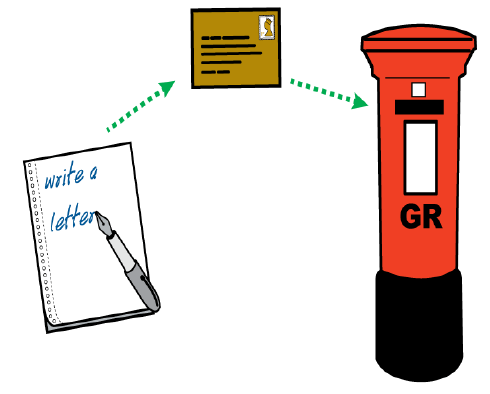
- The postal address is:
PO Box 10301
Dundee
DD1 9FY
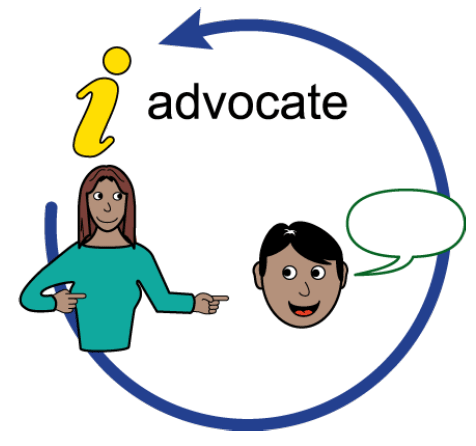
If you are disabled, use the free advocacy service. Tell Social Security Scotland you want help from the advocacy service when you contact them.
Contact
Email: ceu@gov.scot
There is a problem
Thanks for your feedback